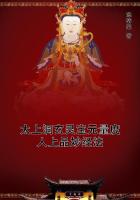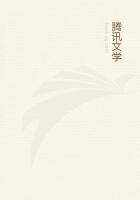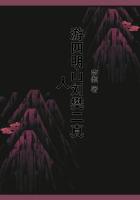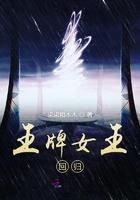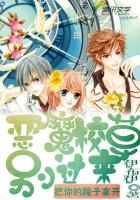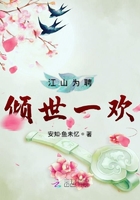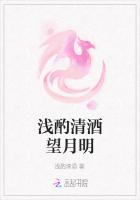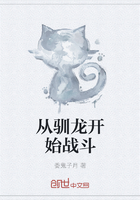If any one spoke slightingly of doctors in his presence, he would exclaim: "Stop! You don't know what country doctors do for the people!"Tchekoff fully realised later the influence which his profession had exercised on his literary work, and sometimes regretted the too vivid insight it gave him, but, on the other hand, he was able to write: "Only a doctor can know what value my knowledge of science has been to me," and "It seems to me that as a doctor Ihave described the sicknesses of the soul correctly." For instance, Trigorin's analysis in "The Sea-Gull" of the state of mind of an author has well been called "artistic diagnosis."The young doctor-writer is described at this time as modest and grave, with flashes of brilliant gaiety. A son of the people, there was in his face an expression that recalled the ******-hearted village lad; his eyes were blue, his glance full of intelligence and kindness, and his manners unaffected and ******. He was an untiring worker, and between his patients and his desk he led a life of ceaseless activity. His restless mind was dominated by a passion of energy and he thought continually and vividly. Often, while jesting and talking, he would seem suddenly to plunge into himself, and his look would grow fixed and deep, as if he were contemplating something important and strange. Then he would ask some unexpected question, which showed how far his mind had roamed.
Success was now rapidly overtaking the young author; his first collection of stories appeared in 1887, another one in the same year had immediate success, and both went through many editions;but, at the same time, the shadows that darkened his later works began to creep over his light-hearted humour.
His impressionable mind began to take on the grey tinge of his time, but much of his sadness may also be attributed to his ever-increasing ill health.
Weary and with an obstinate cough, he went south in 1888, took a little cottage on the banks of a little river "abounding in fish and crabs," and surrendered himself to his touching love for nature, happy in his passion for fishing, in the quiet of the country, and in the music and gaiety of the peasants. "One would gladly sell one's soul," he writes, "for the pleasure of seeing the warm evening sky, and the streams and pools reflecting the darkly mournful sunset." He described visits to his country neighbours and long drives in gay company, during which, he says, "we ate every half hour, and laughed to the verge of colic."His health, however, did not improve. In 1889 he began to have attacks of heart trouble, and the sensitive artist's nature appears in a remark which he made after one of them. "I walked quickly across the terrace on which the guests were assembled,"he said, "with one idea in my mind, how awkward it would be to fall down and die in the presence of strangers."It was during this transition period of his life, when his youthful spirits were failing him, that the stage, for which he had always felt a fascination, tempted him to write "Ivanoff,"and also a dramatic sketch in one act entitled "The Swan Song,"though he often declared that he had no ambition to become a dramatist. "The Novel," he wrote, "is a lawful wife, but the Stage is a noisy, flashy, and insol ent mistress." He has put his opinion of the stage of his day in the mouth of Treplieff, in "The Sea-Gull," and he often refers to it in his letters as "an evil disease of the towns" and "the gallows on which dramatists are hanged."He wrote "Ivanoff " at white-heat in two and a half weeks, as a protest against a play he had seen at one of the Moscow theatres.
Ivanoff (from Ivan, the commonest of Russian names) was by no means meant to be a hero, but a most ordinary, weak man oppressed by the "immortal commonplaces of life," with his heart and soul aching in the grip of circumstance, one of the many "useless people" of Russia for whose sorrow Tchekoff felt such overwhelming pity. He saw nothing in their lives that could not be explained and pardoned, and he returns to his ill-fated, "useless people" again and again, not to preach any doctrine of pessimism, but simply because he thought that the world was the better for a certain fragile beauty of their natures and their touching faith in the ultimate salvation of humanity.

